At 4 p.m., Ms. Hoang Thi Tam (73 years old, Bac Ninh) and some patients in the room prepared bowls and plastic boxes to move from Bach Mai Hospital to lane 15 Phuong Mai (Dong Da, Hanoi ), lining up to receive free meals from Bach Mai's zero-dong canteen.
When she arrived, she saw a long line of people waiting. Located on a busy alley, volunteers were always on duty at both ends, reminding people to line up properly so as not to obstruct traffic. In the kitchen, trays of hot food were continuously brought out by staff. Today, the kitchen cooked rice with four side dishes: stir-fried vegetables, mixed vermicelli, braised pork patties, and a bowl of cabbage soup.
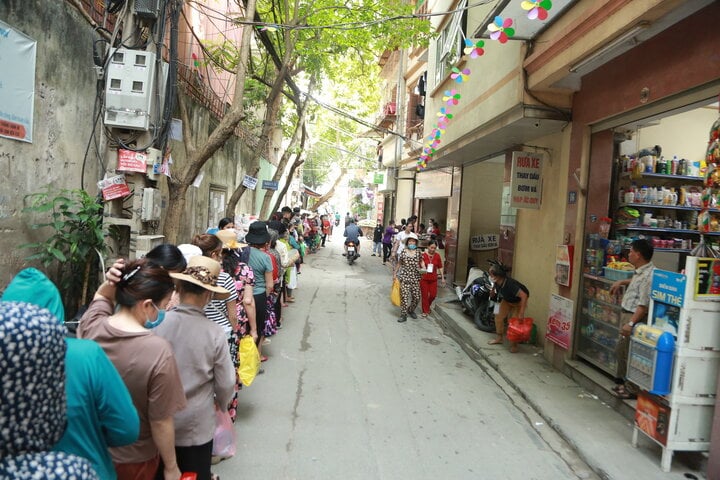
Many people lined up to receive free meals.
After waiting for about 15 minutes, it was Mrs. Tam's turn to receive her meal. She handed over a plastic box prepared in advance from the hospital and the staff brought her a meal with all the dishes. Seeing her favorite dish, braised pork roll, she was very happy.
A few months ago, Mrs. Tam had a stroke and was hospitalized. She is currently being treated at the Neurology Department of Bach Mai Hospital. Thanks to this free meal, she has saved some money to pay for her medicine.
The 73-year-old woman shared that at first she did not know about the free meals, and only tried them out after being told by her friends in the room. Ms. Tam was surprised to see that the meals had a variety of dishes, and the menu changed constantly, one day she had porridge, one day she had rice rolls, and the next day she had rice, the dishes were never the same.
"Yesterday we had rib porridge, today it was changed to rice ," Mrs. Tam happily said, adding that the staff were very enthusiastic and polite, the food was hygienic and clean, and she felt very secure eating it.
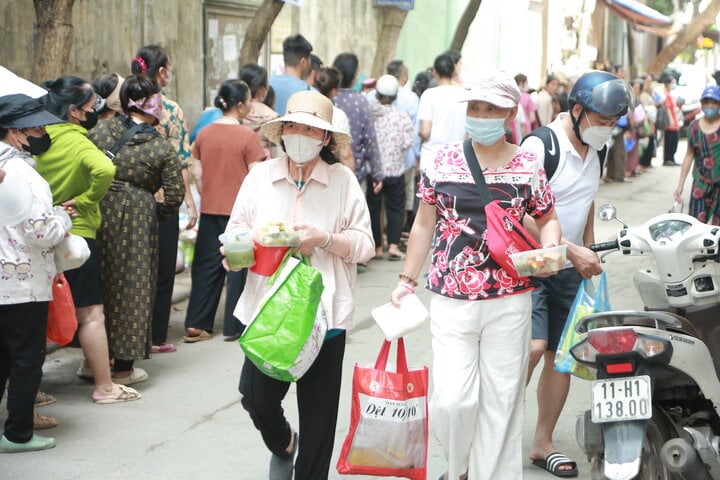
Everyone was happy to receive food support, reducing the economic burden while in hospital.
Holding a hot lunch box in her hand, Ms. Dang Thi Hoa ( Ha Tinh ) shared that she has been receiving free meals here for nearly 2 months. Two months ago, her father had a heart disease and was transferred to Hanoi for surgery. Her family members took turns taking time off work to take care of him.
The first day she was admitted to the hospital, she spent 200,000 to 300,000 VND per day on food, medicine, and personal items for her father and son. The woman said that she could eat simply, but her sick father needed to be nourished and buy medicine, so it was quite expensive.
Thanks to the uncle and aunt in the room telling her about charity rice, she prepared a bowl to ask for it. The first day she went to receive the rice, she was surprised because it was not only for the patients but also for their family members who came to take care of them.
"Each person who comes will be given two servings of rice with a full range of soup, vegetables, and some days even fruit and milk," said Ms. Hoa, adding that every time she brought rice home, her father praised it as delicious and ate the entire portion.
Since the free meal, Ms. Hoa has saved some money on food to add to her father's medical expenses. Four days ago, Ms. Hoa's father had a successful surgery and is currently in intensive care to be discharged soon.

Meals with full nutritional groups are prepared by volunteers.
Ms. Khong Thi Huong (manager of Bach Mai zero-dong canteen) said that the canteen was opened by a group of benefactors more than a year ago. Most of the people who come to receive meals are patients and their relatives who are being treated at Bach Mai hospital.
" The cafeteria was opened with the desire to share delicious meals with the families of patients being treated here, contributing to reducing their economic burden," said Ms. Huong, adding that the cafeteria is open from 4 p.m. Monday to Friday every week at Lane 15 Phuong Mai.
The cost of maintaining the restaurant is contributed by the donors. The donors of the group will support with what they have, those who have money will send money, those who have vegetables will send vegetables, those who do not have anything will come and contribute. Not only working people, many students also come to help.
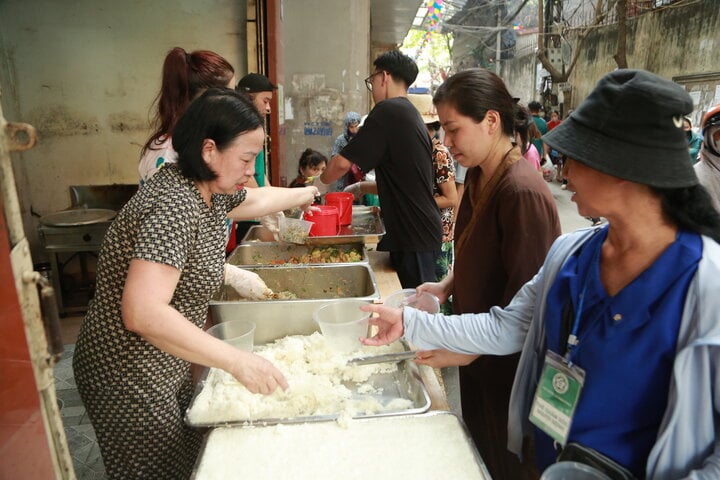
Every day the kitchen distributes from 300 to 400 meals to relatives and patients.
Every day, people will go to the market early in the morning, then prepare the ingredients at home, and at 1pm they will go to the restaurant to start cooking, ensuring that by 4pm there will be rice for everyone. The daily menu will be changed continuously to diversify the dishes and food groups for patients and their families.
"Currently we give out 300 to 400 free meals every day," said Ms. Huong.
The female cafeteria manager said that this job comes from her desire to do good deeds and help those in difficult circumstances and with illnesses, so the cafeteria will remain open until there is no more funding to operate before closing.
Source




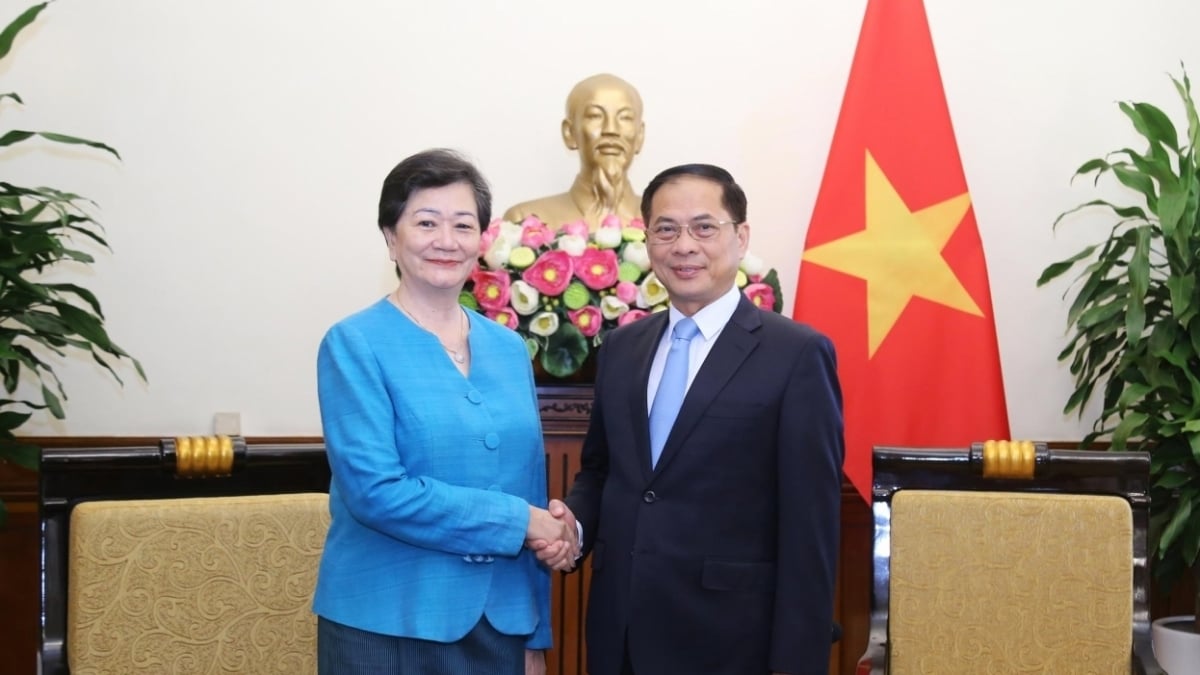
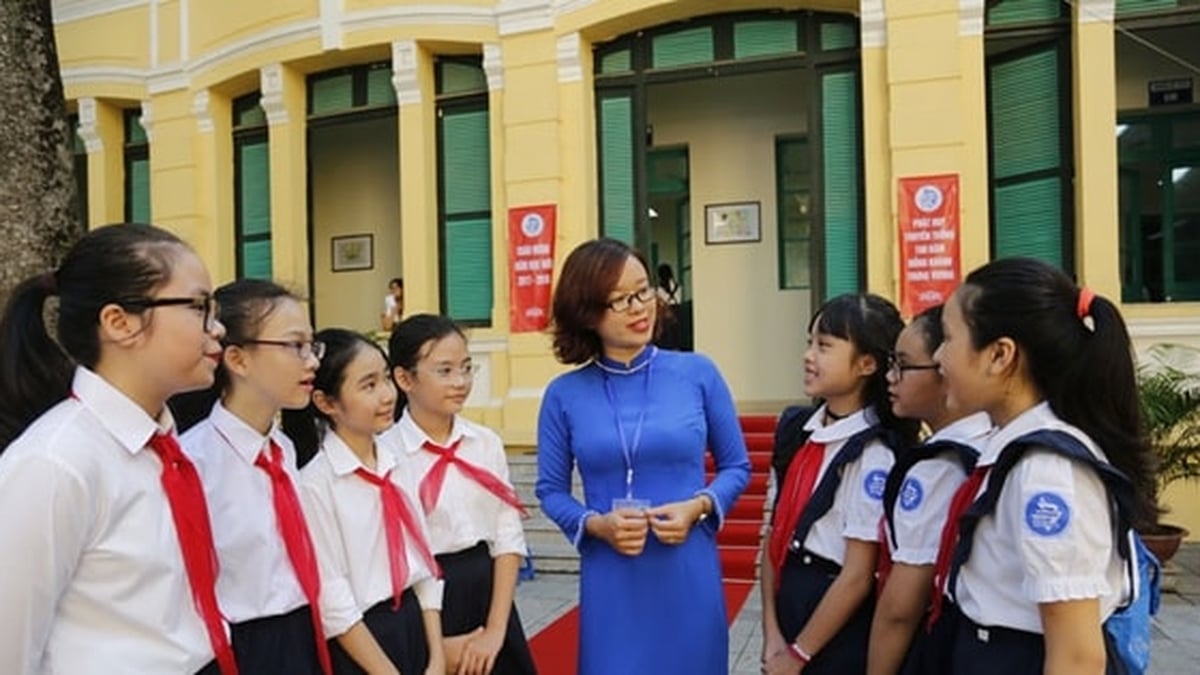

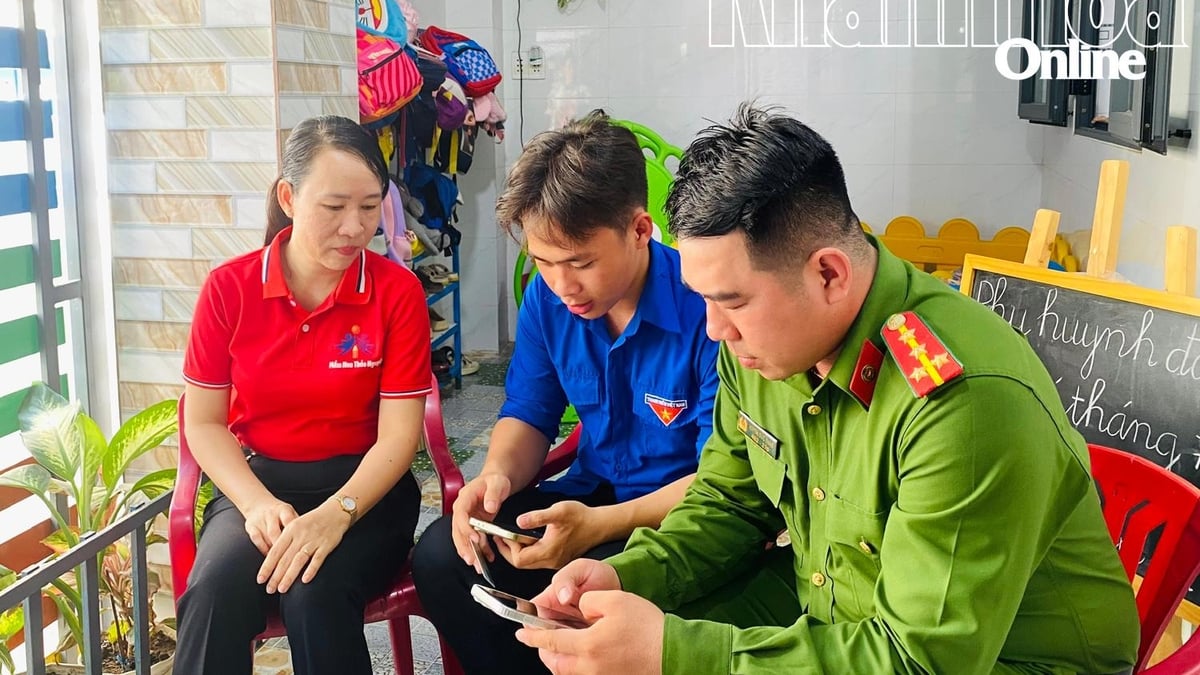
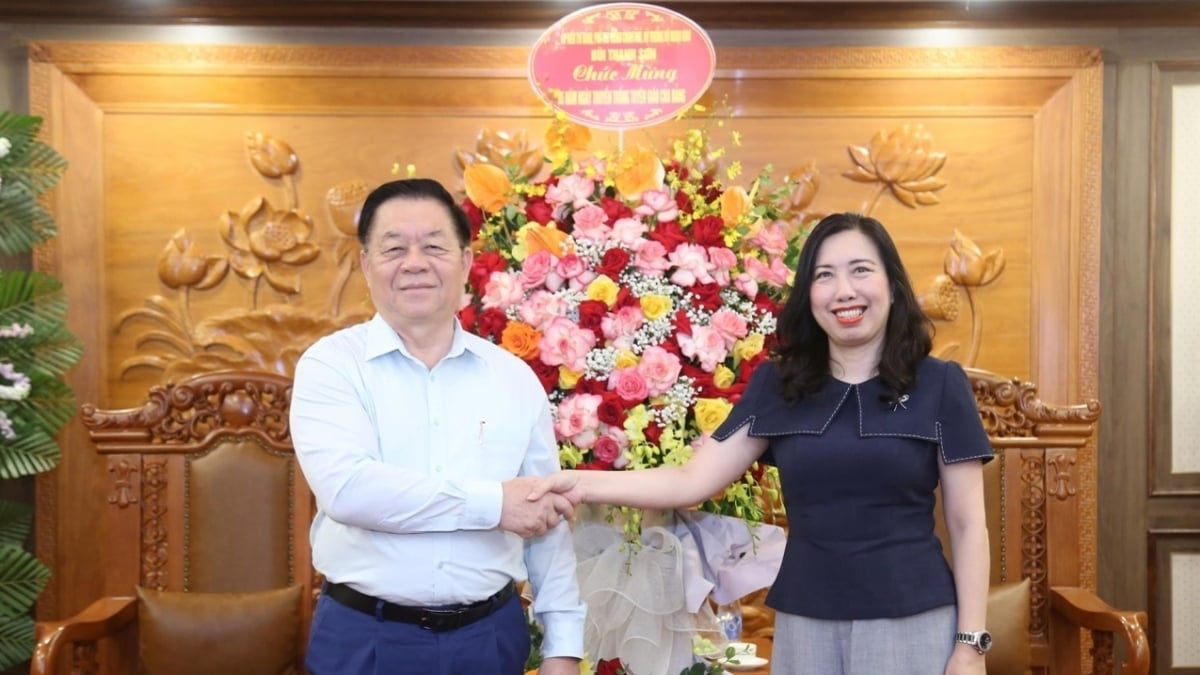
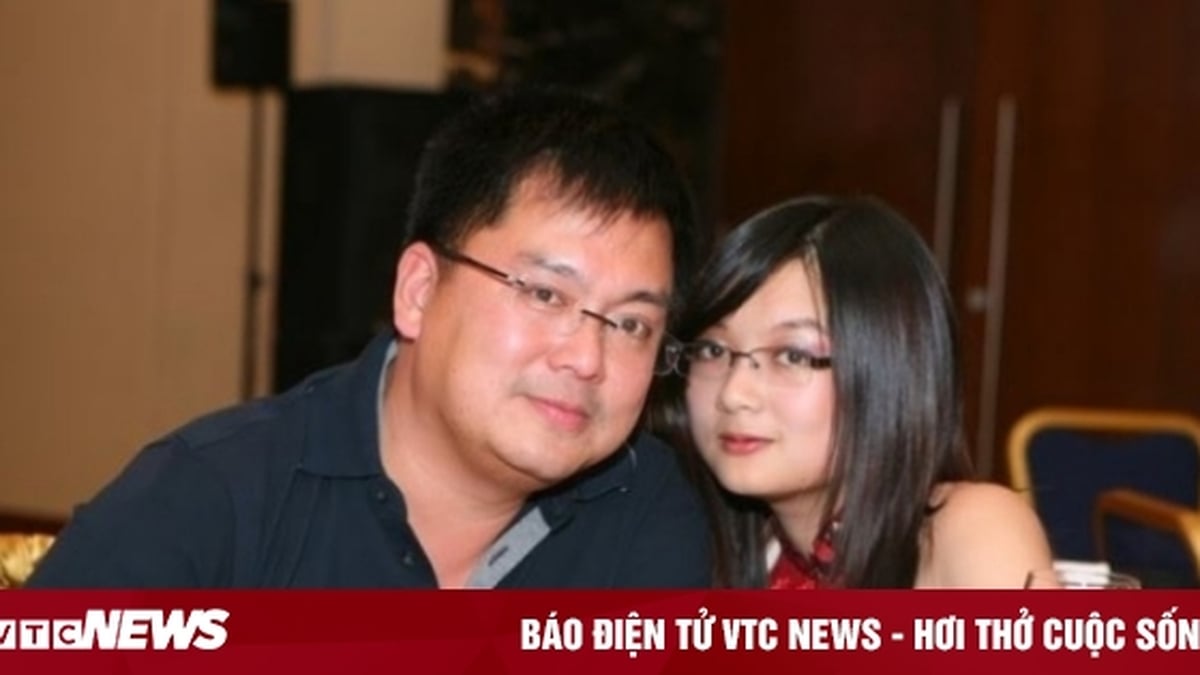
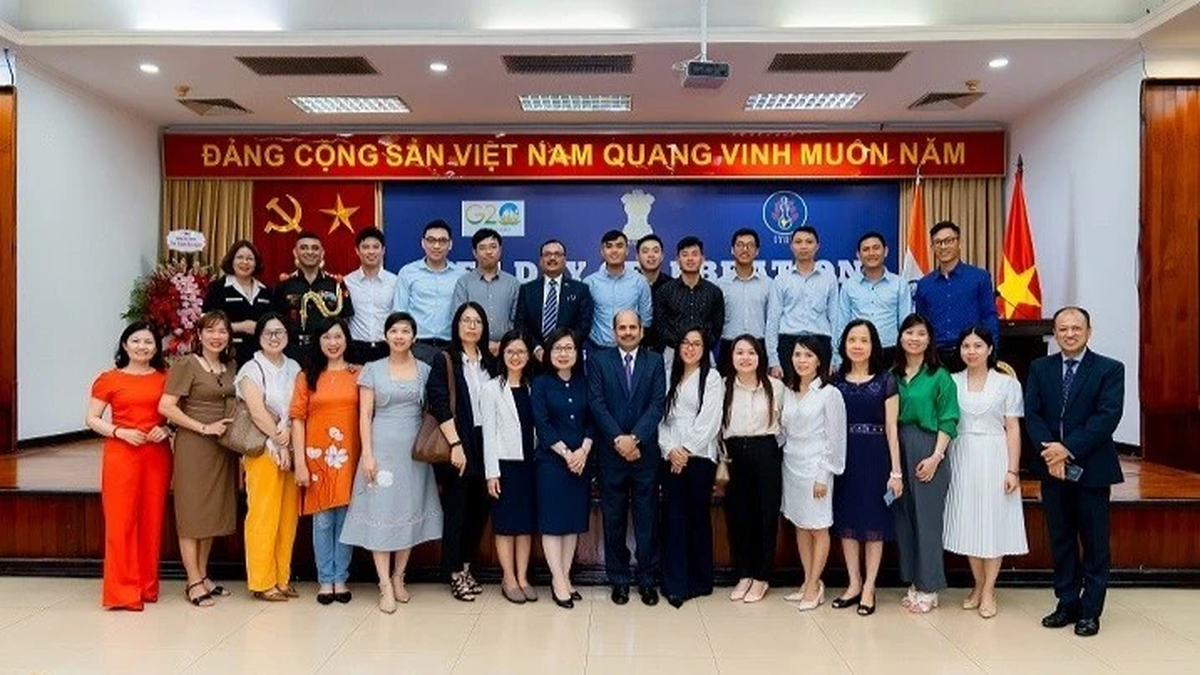
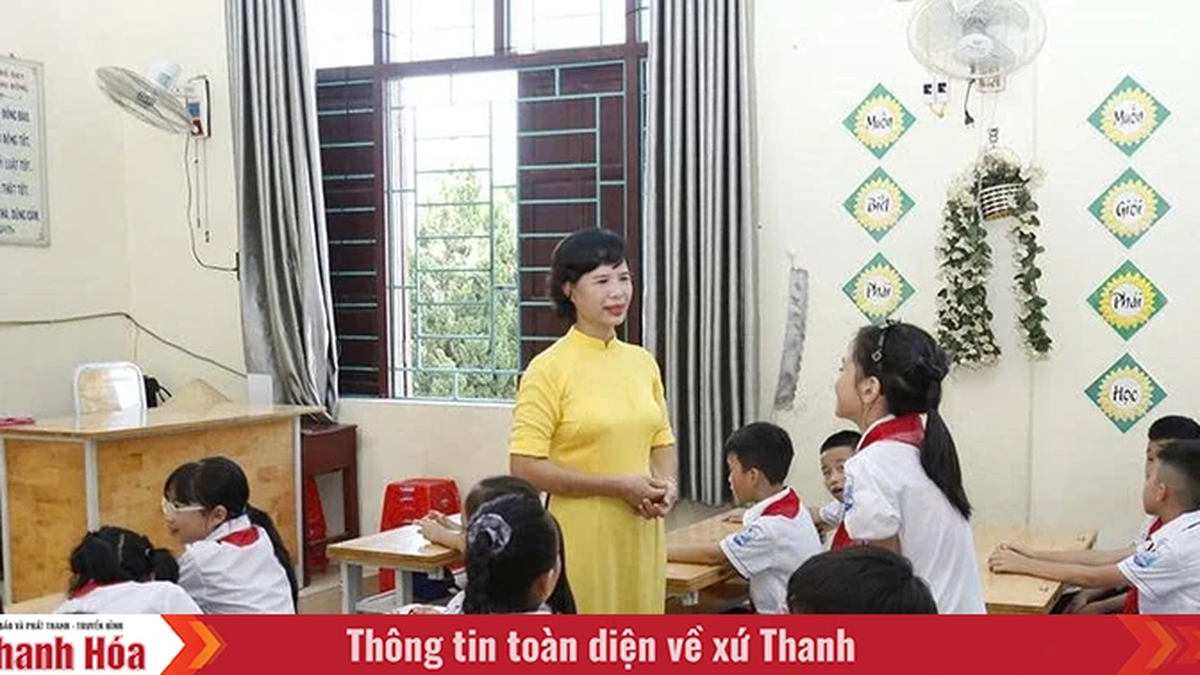



































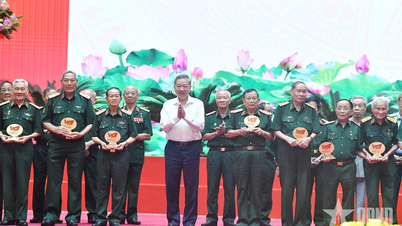




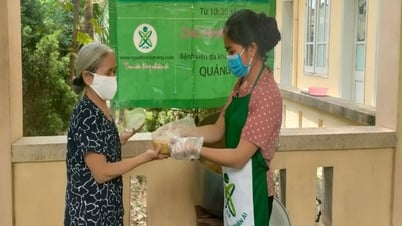
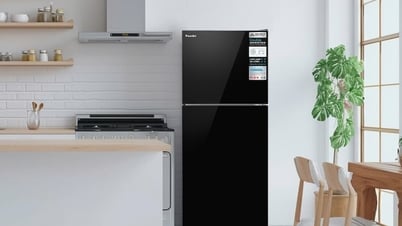

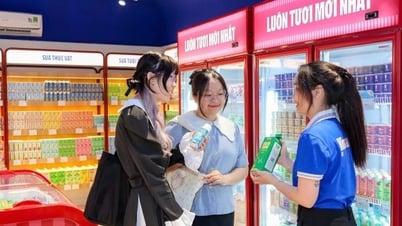
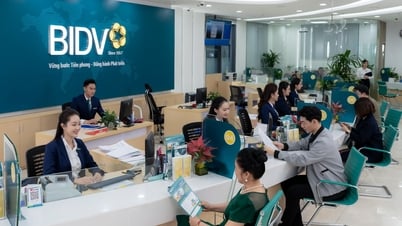





























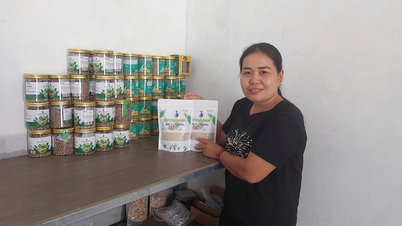











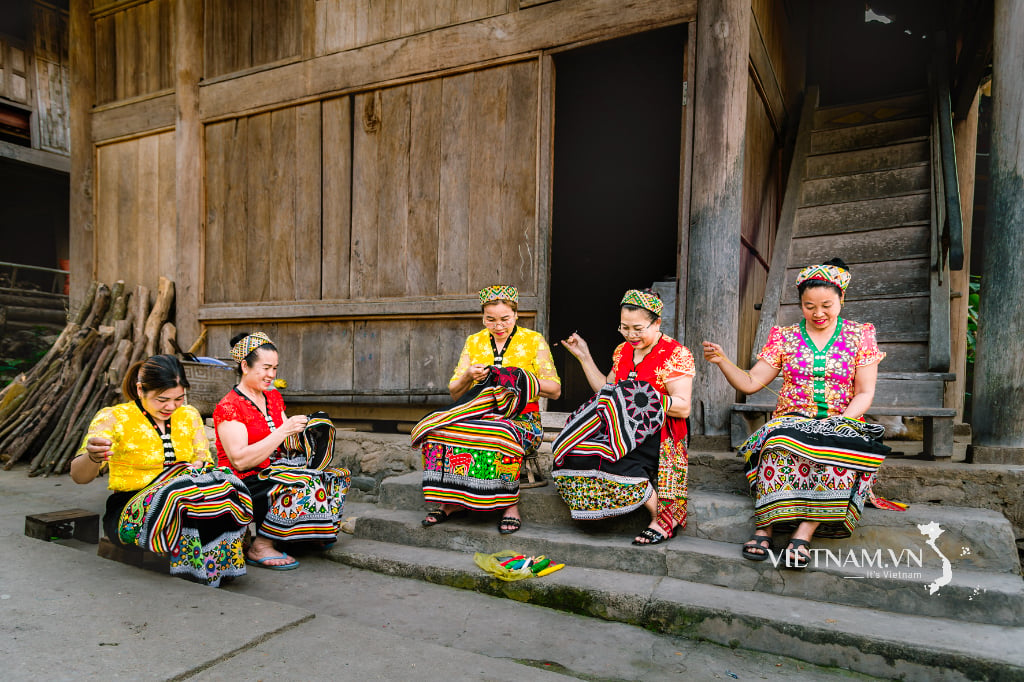


Comment (0)